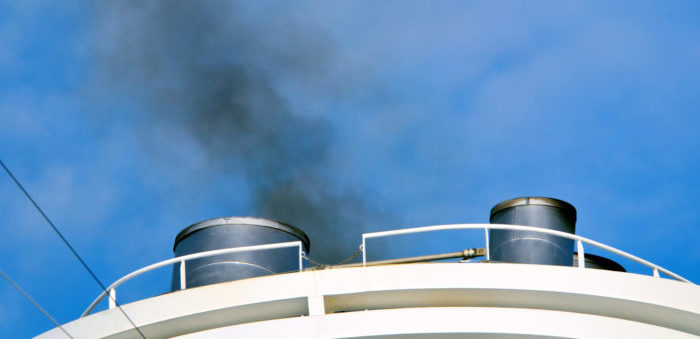Jennifer Carpenter, President and CEO of the American Waterways Operators, has expressed her concerns over the California Air Resources Board’s (CARB) updates to its Commercial Harbor Craft Regulation.
It is important to recall that the California Air Resources Board (CARB) approved updates to its Commercial Harbor Craft Regulation aimed at reducing emissions from harbor craft like tugboats and ferries operated near California’s coast to improve public health in nearby communities.
The amendments are expected to result in an 89% reduction of diesel soot (also known as particulate matter) and a 54% reduction in nitrogen oxides, by 2035. Additionally, they will reduce the cancer risk to over 22m residents who live near the coast and up to 50 miles inland.
Nevertheless, in light of the decision, the American Waterways Operators, the national advocate for the tugboat, towboat and barge industry, noted that the regulations should be reconsidered as drafted. The organization said the amendments impose an infeasible compliance schedule and underestimate the cost of compliance and financial impact the requirements will have on vessel owners.
AWO expressed its concerns for the proposed regulations mandate engine technology quoting that is ‘not available and is not certified as safe by the US Coast Guard’.
Barge transportation produces 43% less greenhouse gas emissions than rail and more than 800% less than trucks. Additionally, companies across the industry are investing in technological innovations to build on these advantages and further reduce the industry’s environmental impact.
The industry also has a long history of collaboration with CARB on air quality initiatives. An electric prototype tugboat is under construction and will be operating in San Diego next year, and several hybrid tugboats are already in use in California.
The tugboat, towboat and barge industry is committed to taking bold action to address the environmental challenges of our time and welcomes opportunities to work with CARB and other stakeholders toward that goal
…said Jennifer Carpenter, AWO President & CEO.
Unfortunately, CARB’s proposal risks sidelining not only the most environmentally sustainable mode of freight transportation, but also an industry that has safely and reliably kept cargo moving during the pandemic and supply chain crisis of the past two years
…Jennifer Carpenter continued.
It is worth noting that AWO and other harbor craft operators have made several attempts to work along with CARB, in order to explain the substantial flaws in the agency’s approach.
They have also highlighted that the proposal is based on flawed data that overstates the number of harbor craft and the time these vessels spend in California regulated waters.






























































